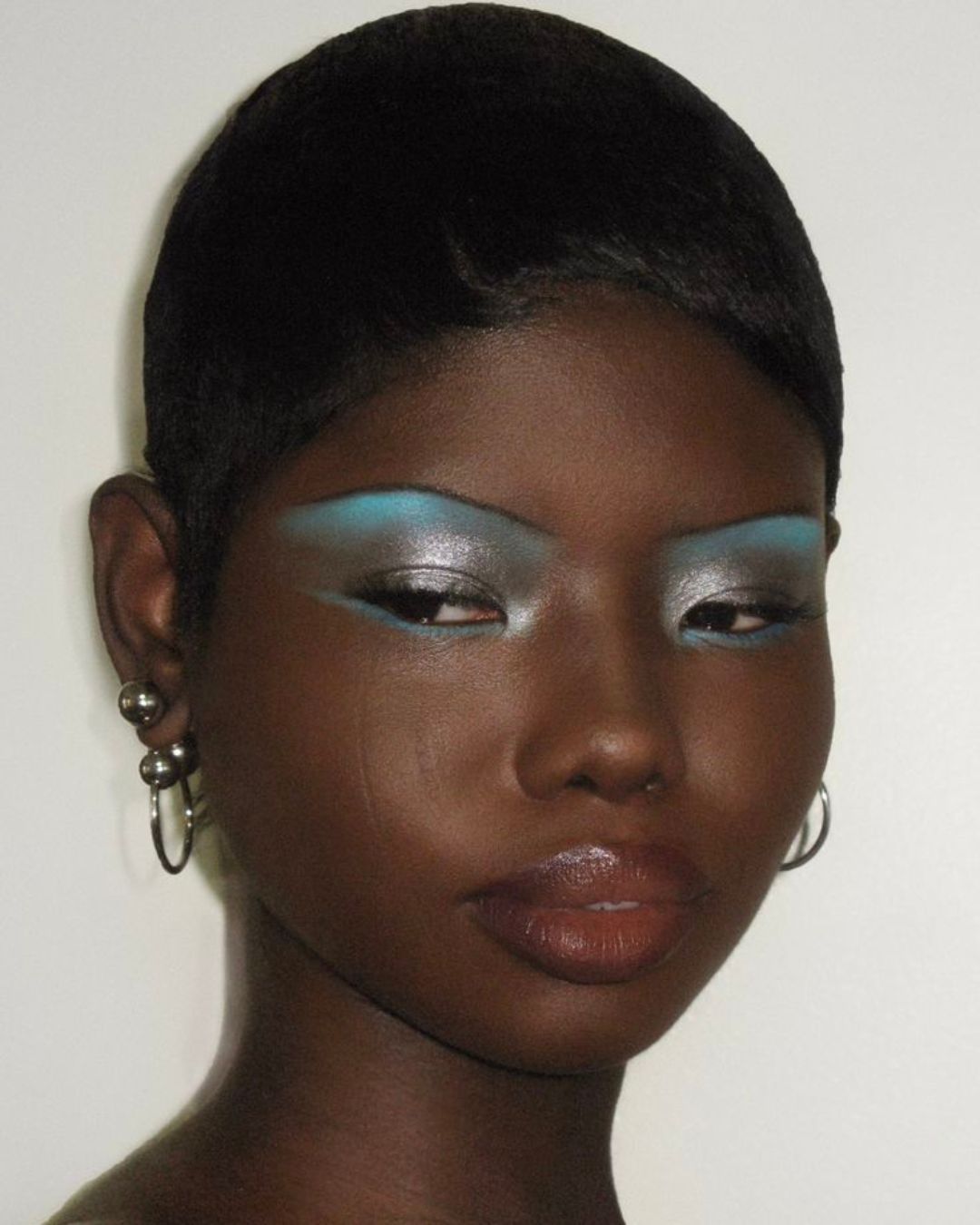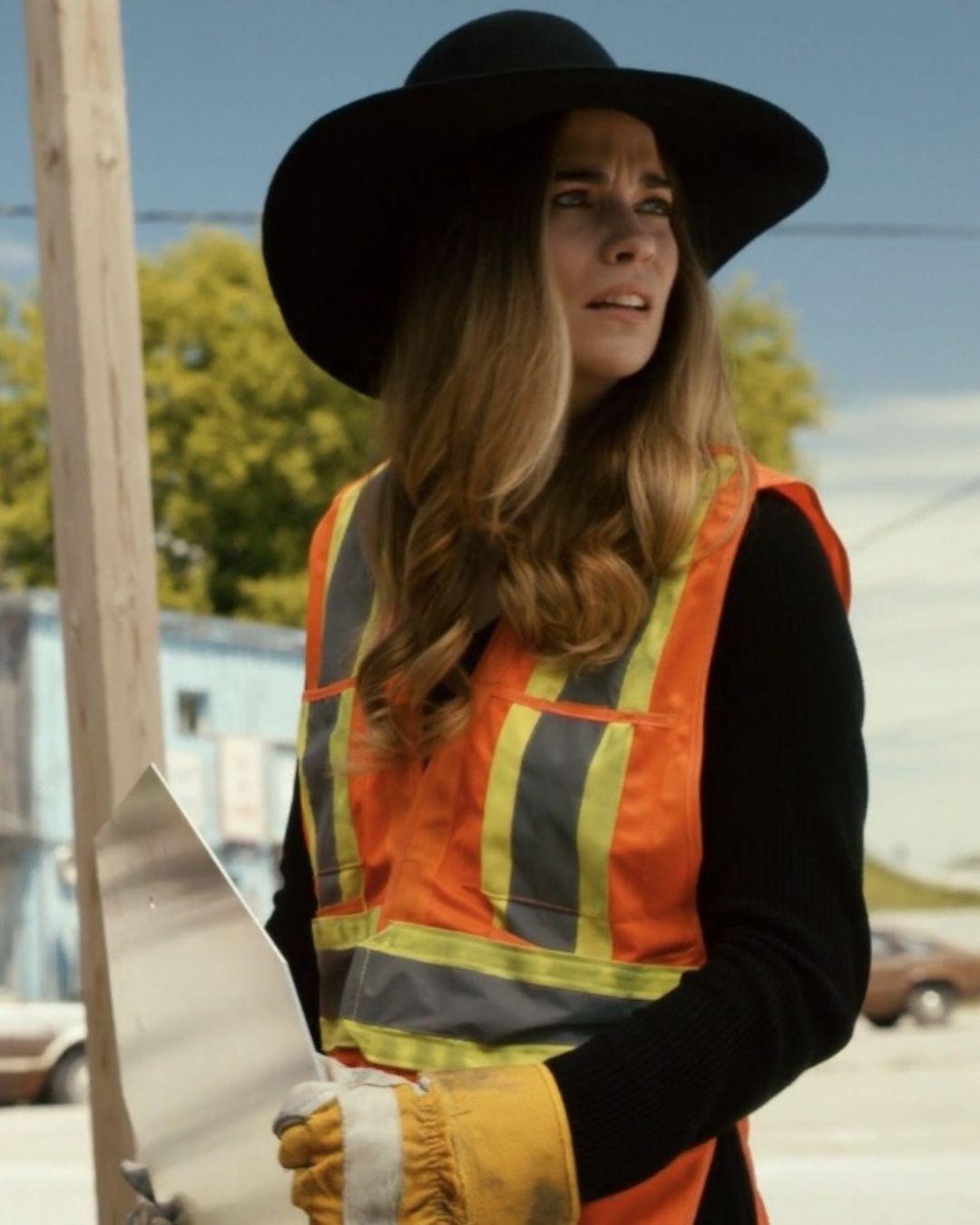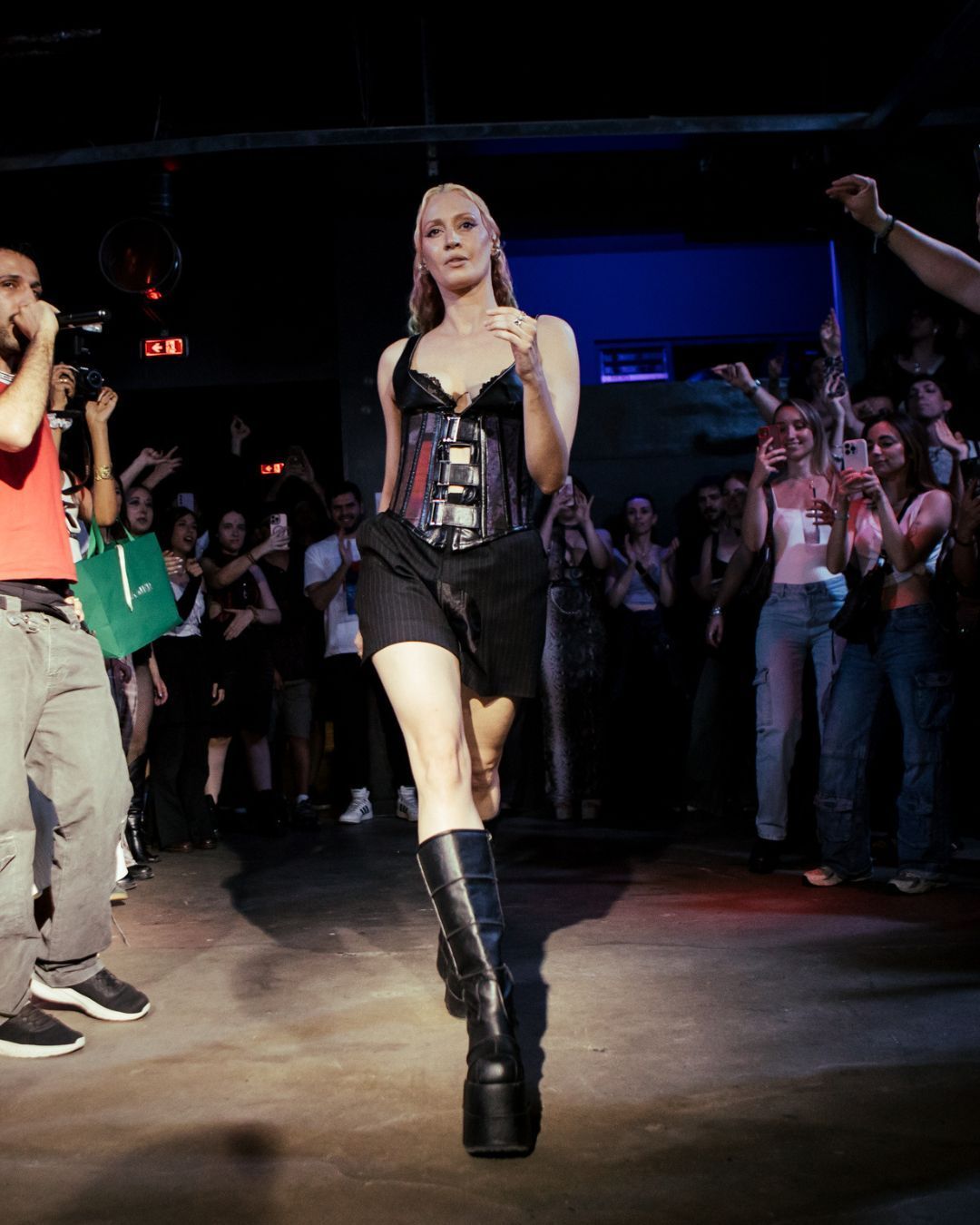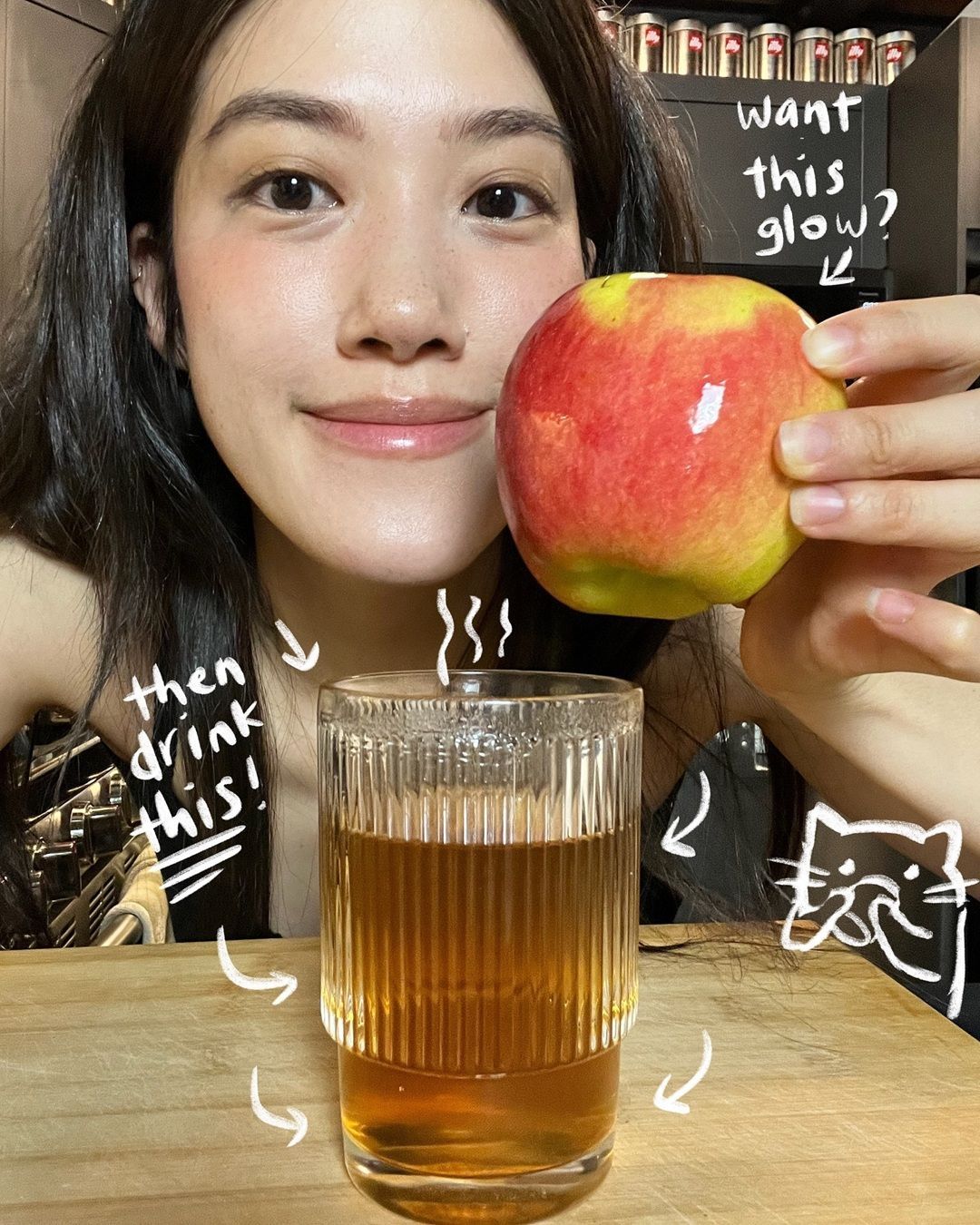
Is gossip good, actually? Let's talk about it A video on TikTok sparks debate on the age-old practice of gossiping
Would you want to know if your friends, colleagues or acquaintances were talking badly about you in groups? And in what way? It has happened to everyone at one time or another that they have made less than flattering comments about someone, but no one wants to be subjected to this treatment, especially when it is done by trusted people and when it is documented extensively and loudly on social media.
TikTok Vigilantes
There is a certain type of specific content on TikTok that consists of alerting an unknown person that someone is badmouthing them, and then hoping that the app's algorithm will work its magic and bring the video to that person's "For You" page. Originally intended to expose cheating boyfriends, this kind of content spreads like wildfire and leads to a general reflection on what it means to gossip in 2023.
The casus belli
The final straw was a video of user kelliekelshow filming herself and a group of girls she didn't know saying: "Sarah, your friends are talking about you. They say you were naked in a video," and then adding: "Help me find Sarah, she needs to know."
Some say no: gossip must be free
In the comments, some people praised justice and offered help and cooperation in finding poor Sarah, while other users questioned whether speaking badly about someone is bad enough to vilify the perpetrators on the internet, film them secretly, and have them convicted by a court of strangers without context. Why do we feel so free and comfortable to film and post unknown people without worrying about their recognisability? And why do we think that every wrongdoing must be publicly pilloried and then receive some kind of divine punishment?
The public and the private
Maybe the problem is that the mechanisms of social protest against public figures have been applied to ordinary people and the notion of "misdemeanour" that can be punished by the virtual court has been expanded. The main mistake (and it should be unnecessary to point out that there is such a thing as ambiguous, wrong and inexcusable behaviour, on a scale of values that separates personal morality from ethics, mistake from crime) is to apply the same treatment indiscriminately, neglecting a basic piece of information: not everyone is a public figure. It's not a surprise: much of the TikTok content is based on a complete and dangerous confusion of the public and the private, starting with the screens of very personal conversations shared for shock value.
Gossip as positive action
The concept of gossip is being rethinked, and it's no longer seen as a list of malicious remarks made for no reason behind the back of the person concerned, but as a more nuanced action, a discussion about the other that also has its own particular benefits. The sociologist and writer Silvia Federici has postulated that before the Industrial Revolution and the advent of modern capitalism, women's gossip about other members of the community served not only to share important information about people who were considered dangerous, but also to strengthen bonds between women and provide them with a safe environment of free expression.
@idunnoijuswerkhere That karma always comes back around #karma #gossip #girlproblems #fortheladies #girlsgaysandtheys original sound - Cam
Can there be ethical gossip?
This has given rise to a kind of implicit ethical gossip movement that, for example, is careful with the identities of the people being discussed and does not make fun of physical appearance and generally things that cannot be changed, but instead focuses on misbehaviour, disrespect and various concerns. Over cocktails or a cup of coffee, of course, because some things never change.

























































